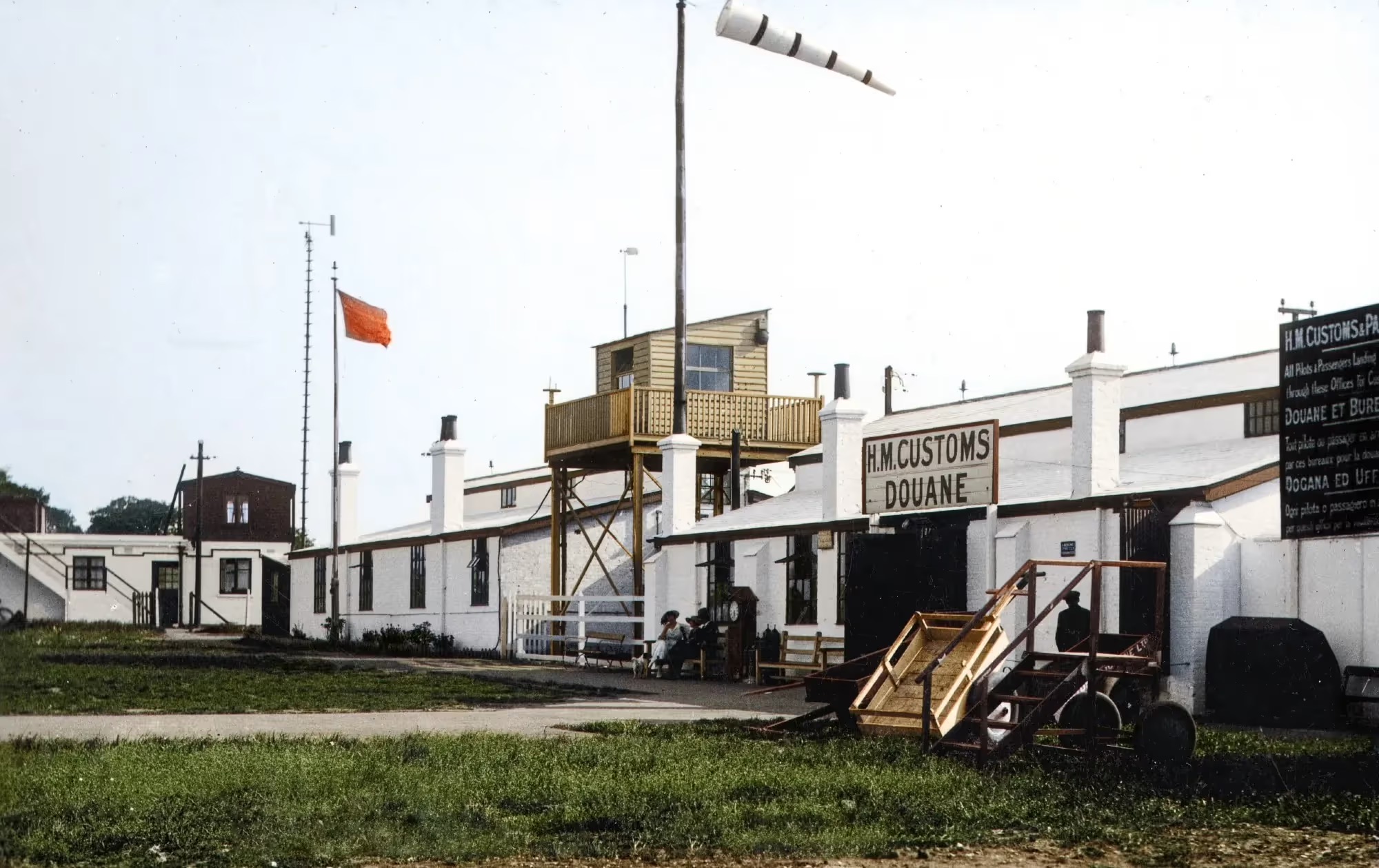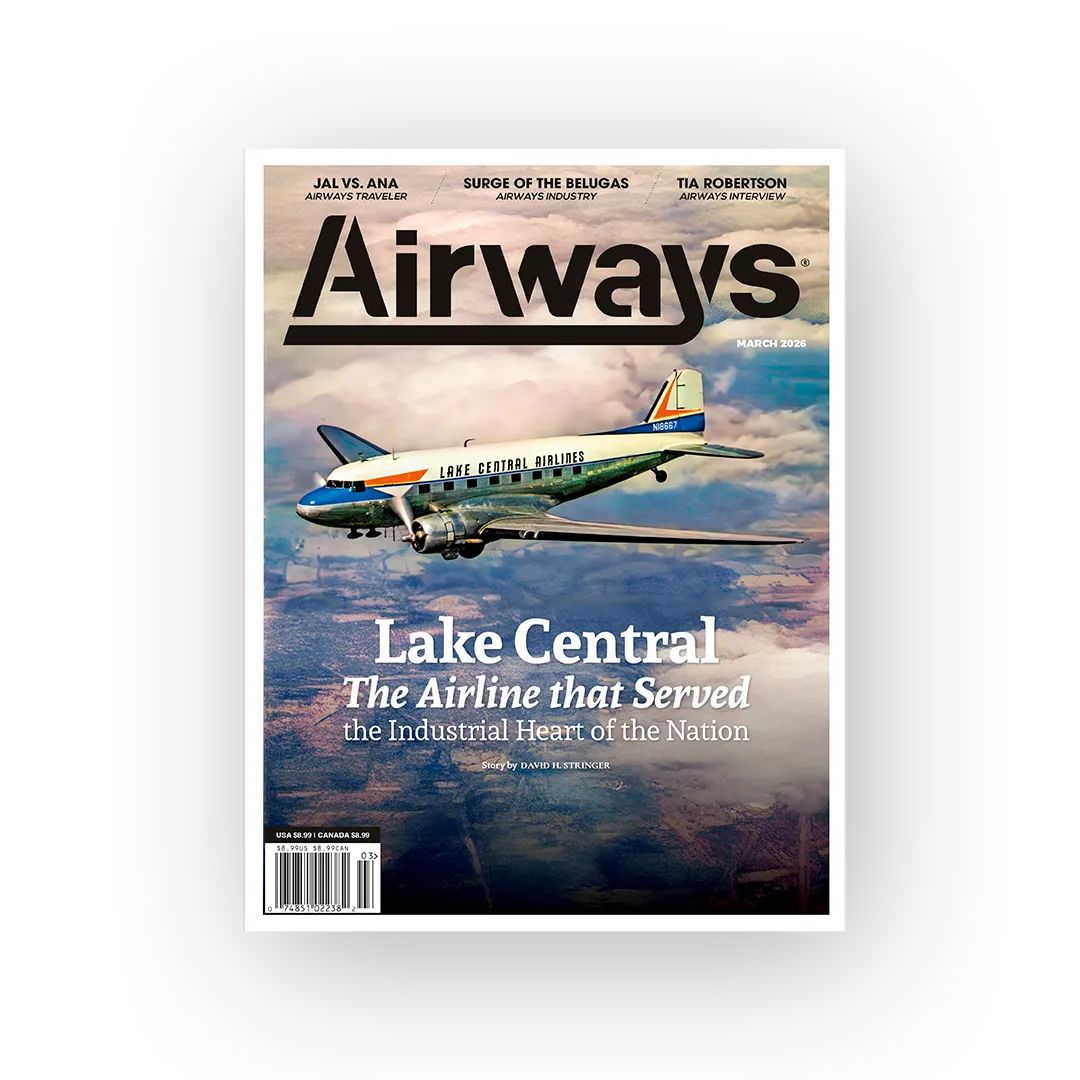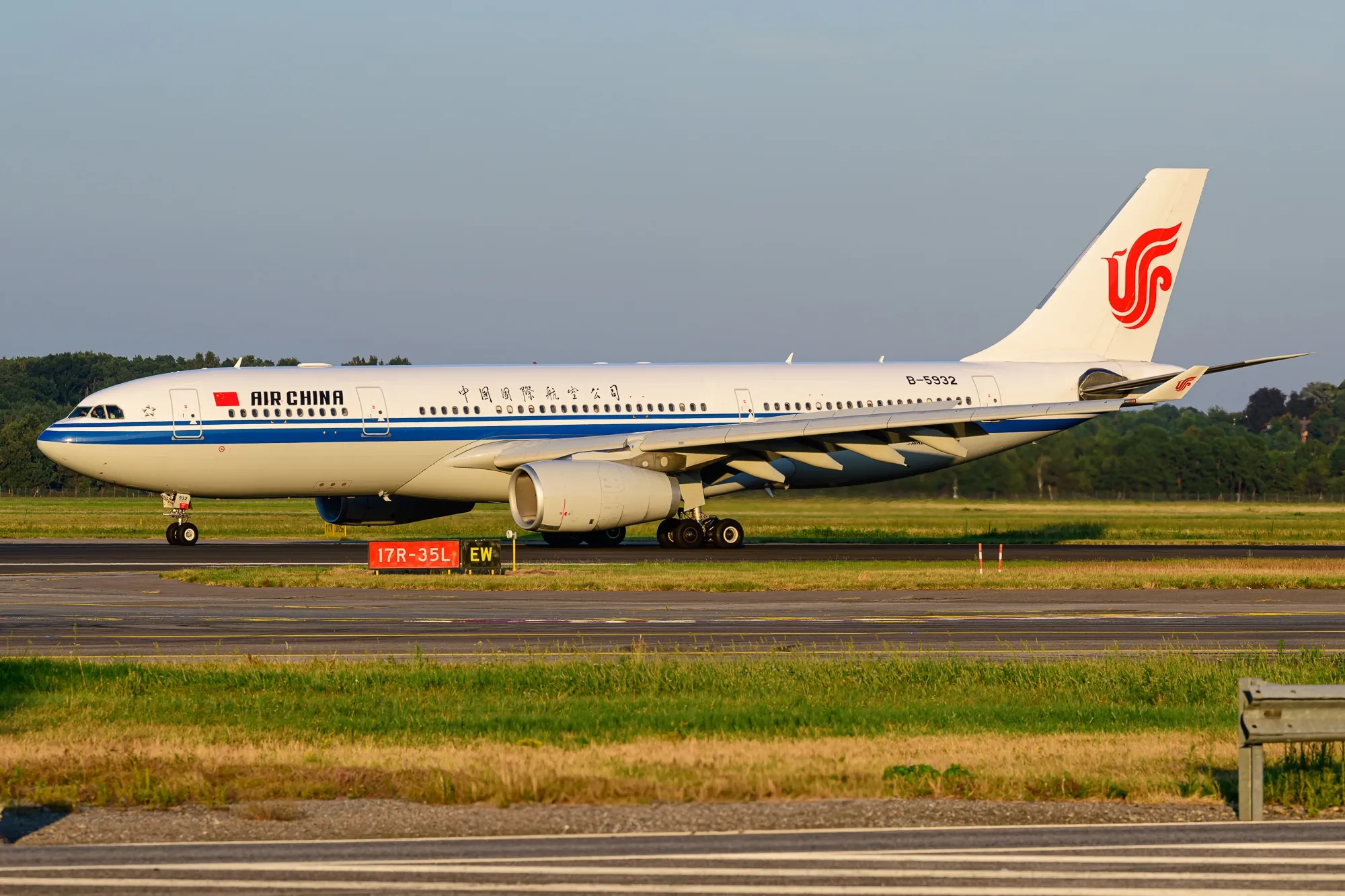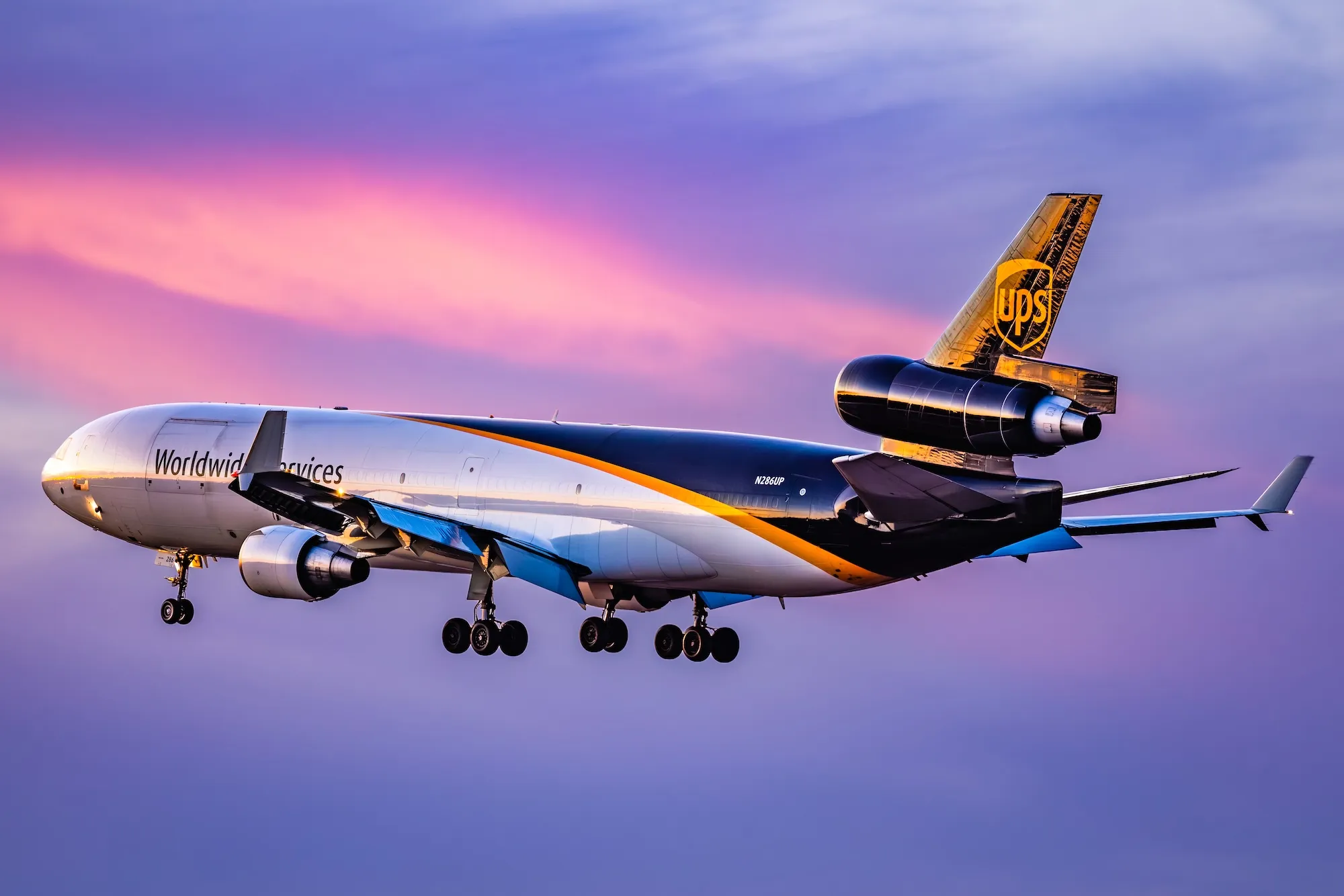MONTRÉAL — This week, Air Canada (AC) announced 4 brand new transatlantic routes for its 2026 summer schedule, plus the resumption of a suspended flight.
The Canadian flag carrier also outlined the transfer of its fleet of 45 Boeing 737 MAX 8s to its low-cost leisure offshoot Rouge.
Summer 2026 additions
Tuesday’s announcement focuses heavily on narrowbody service to Europe, operated by their Boeing 737 MAX 8 fleet and incoming Airbus A321XLRs, scheduled to arrive in Q1.
All four flights will operate three times weekly.
Ponta Delgada is of particular note as WestJet (WS) announced the same flight from Toronto in their summer destination announcement last week, operating 4 times weekly. Air Canada’s new flight operates on the opposite days of WestJet’s, on Tuesdays, Thursdays, and Saturdays rather than WestJet’s Mondays, Wednesdays, Fridays, and Sundays.
Air Canada’s Executive Vice President & Chief Commercial Officer and President, Cargo, Mark Galardo, commented, “With these additions, Air Canada will offer North America’s second largest transatlantic network by destinations next summer. We look forward to connecting Montréal, Toronto, and Halifax with new services and destinations, a natural next step in our continued international growth.”
Air Canada also announced the resumption of Montréal to Tel Aviv (TLV), operating twice a week on 787-9s; however, the company in a statement to The Suburban said “Service from Toronto will operate five times weekly, up from four times weekly this winter, but Montréal-Tel Aviv will not operate for summer 2026 for commercial reasons.”
Tuesday’s announcement comes after the carrier announced in September the bulk of its Summer 2026 network additions, with a focus on the A321XLR. The Montréal-based aircraft will operate transatlantic services to Edinburgh (EDI), replacing the 737 MAX 8, Toulouse (TLS), in place of the 787-8, and Palma de Mallorca (PMI), a new destination.
Rouge Fleet Shuffle
Last week, Air Canada made some major announcements regarding what an all-737 fleet at Rouge would look like.
Air Canada’s current mainline fleet consists of 37 Airbus A220-300s, 17 A320s, 20 A321s, and 47 Boeing 737 MAX 8s, including seven to-be Lynx Air in all economy configurations that were not taken up after the ULCC ceased operations in 2024. AC also has orders for a further 28 A220-300s, of course, 30 A321XLRs, and five more 737 MAX 8s.
Meanwhile, Rouge’s fleet comprises 37 Airbus narrowbodies, including 18 A319s, 5 A320s, and 14 A321s.
The transfer of 45 737s to Rouge is slated to begin in Q1 of 2026, aiming for completion by the end of the year; a rather ambitious timeline given the current state of the seat supply chain. The remaining seven Lynx Air jets are reportedly being removed from the fleet. None of the aircraft are planned to be repainted; instead, a Rouge sticker will be applied to the forward fuselage, adjacent to the maple leaf rondelle, similar to what’s seen on Air Canada Express and Air Canada Cargo-branded aircraft.
On the Airbus side of things, the A320 and A321 fleets at Rouge, totaling 19 (5 + 14) aircraft, will be transferred back to mainline Air Canada, while the 18 A319s are withdrawn, as they have been at mainline.
When all is said and done, Rouge will see a net gain of 8 aircraft, while mainline will see a net loss of 15 jets from its current fleet, including the Lynx Air aircraft withdrawals; however, the loss will be offset by the order book of 48 Airbus A220s and A321XLRs.
To support Rouge’s fleet expansion, a new crew base will be opened in Vancouver (YVR), opening the door for a return of flights to and from the West Coast of Canada.
In-flight Experience
The updated 737 cabins at Rouge will feature 12 domestic business-class recliner-style seats up front with 18 extra-legroom seats, plus 147 standard economy seats, totaling 165 economy seats and 177 in all on board.
The current 737 cabins have 16 business-class and 153 economy-class seats, for a total of 169. The update represents one less row of business, replaced by two more rows of economy.
The onboard experience will retain free WiFi for all Aeroplan members, on-demand seatback entertainment screens, and, what Air Canada puts particular emphasis on, reclining seats in all cabins. The soft product is also staying essentially the same, with complementary soft and alcoholic beverages, and snacks.
Overall, for a low-cost leisure subsidiary, the hard product will be remarkable, up to par with mainline standards, while milking the benefits of operating a single type with lower overall operating costs and squeezing in a couple more rows.
On the Airbus side, AC stated that these aircraft will have their cabins redone as they come over from Rouge to mainline, saying “Those interiors will be upgraded to Air Canada’s latest standards, including new seating, the latest In-Flight Entertainment, and upgraded Fast, Free Wi-Fi. These renovated cabins will complement Air Canada’s new design standard: a distinctly Canadian aesthetic that is modern, accessible, and warm, reflecting the beauty and sophistication of Canada.”
As of the time of publishing, 4 of 14 Airbus A321s are undergoing cabin upgrades. 3 aircraft, former EVA Air (BR) jets delivered to Rouge in 2023, were transferred late last year but still feature the interiors of their former operator.
Elsewhere in the mainline fleet, Air Canada will be introducing its new design standard, mentioned above, on newly delivered A220s beginning in March 2026, as well as on Air Canada Express jets operated by Jazz Aviation, consisting of 30 Bombardier CRJ-900s and 25 Embraer E175s from 2026. This will be in addition to previously announced upgrades to 25 of Jazz’s De Havilland Canada DHC-8-400s, as well as the addition of WiFi to aircraft operating at Toronto’s Billy Bishop Island Airport (YTZ).


.webp)
.webp)
.webp)
.webp)
.webp)




.webp)